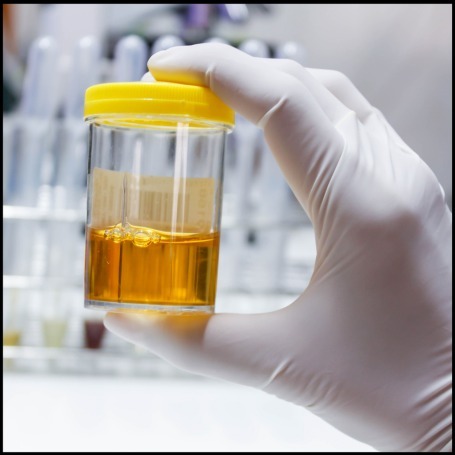
The urine cytology test is a diagnostic procedure used to examine cells in the urine for signs of infection, inflammation, and malignancy, particularly focusing on the urinary tract.


It is primarily employed to detect cancers of the bladder, urethra, and ureters. By assessing the cells shed from the lining of these structures, doctors can identify abnormal or malignant cells early, which is crucial for prompt treatment.
The urine cytology test procedure is relatively simple and non-invasive. A patient provides a urine sample, typically from the second or third urination of the day, as this increases the likelihood of detecting abnormal cells. The urine sample is then analyzed under a microscope to detect any unusual or malignant cells. The procedure is safe, and there are no significant risks or discomfort involved for the patient.
The main purpose of the urine cytology for malignant cells is to detect cancerous cells, particularly from the bladder. The test can identify high-grade cancers, including aggressive forms like urothelial carcinoma, which may otherwise go unnoticed in early stages. While the urine cytology test is very effective in detecting advanced cancers, it may not be as reliable for low-grade or early-stage cancers.
A normal urine cytology result indicates that no abnormal or cancerous cells were found in the urine. This typically means the urinary tract is functioning normally without any malignant conditions. However, it's important to note that even with a normal result, further tests may be required if symptoms persist, as not all cancers are detectable through this method alone.
The cytology test results are usually categorized as negative (normal), atypical (unclear), suspicious (possibly cancerous), or positive (cancerous cells present). If the results are atypical or suspicious, additional diagnostic tests, like a cystoscopy or biopsy, may be recommended to confirm the presence and extent of cancer.
You should choose Diagnopein for your Urine Cytology test because we are committed to providing high-quality diagnostic care in a clean and hygienic environment. Our center is equipped with advanced technology to ensure accurate and reliable test results, which are crucial for assessing this test. Diagnopein’s experienced staff is dedicated to handling tests with precision and care, offering you both expertise and comfort. We also offer affordable pricing, making essential health diagnostics accessible without compromising quality. For timely, professional, and affordable cardiac testing, Diagnopein is your trusted partner for your healthcare.
Urine cytology is an important screening tool, but it may not be sufficient on its own to confirm cancer. Further diagnostic procedures, such as cystoscopy or imaging, are often required for a definitive diagnosis.
This test is often performed when a patient has symptoms such as blood in the urine (hematuria) or recurrent urinary tract infections, or to monitor patients with a history of bladder cancer.
While urine cytology is effective at detecting high-grade bladder cancer, it may not always detect low-grade cancers. In some cases, further diagnostic tests are recommended for comprehensive evaluation.
No, the test is non-invasive and painless, as it only requires providing a urine sample.